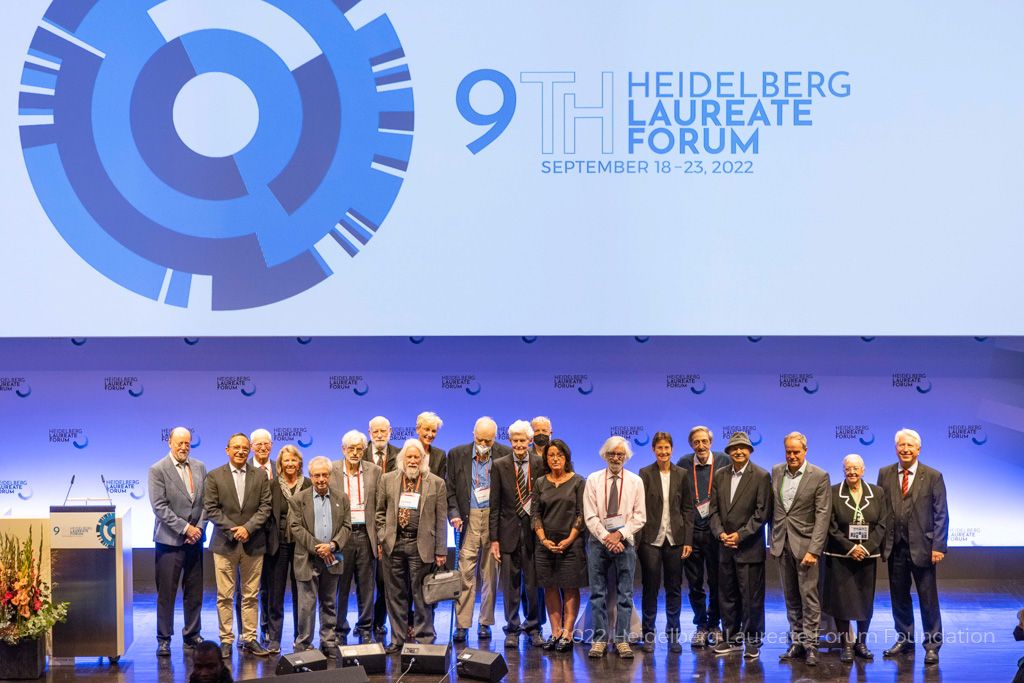By Hussaini Garba Mohammed, in Heidelberg, Germany
Relocating is a common experience for many young scientists. Researchers can broaden their scientific expertise, discuss new ideas, and create meaningful relationships and collaborations by moving abroad, or staying in their own country to contribute more for the scientific ideas, tracking the movement of early-stage of young researchers around the world would create a complex network joining the most diverse places, connecting the researchers to the old laureate.
Can you please introduce yourself and how you where been selected among the young researchers to be at this wonderful event HLF 2022 to us?
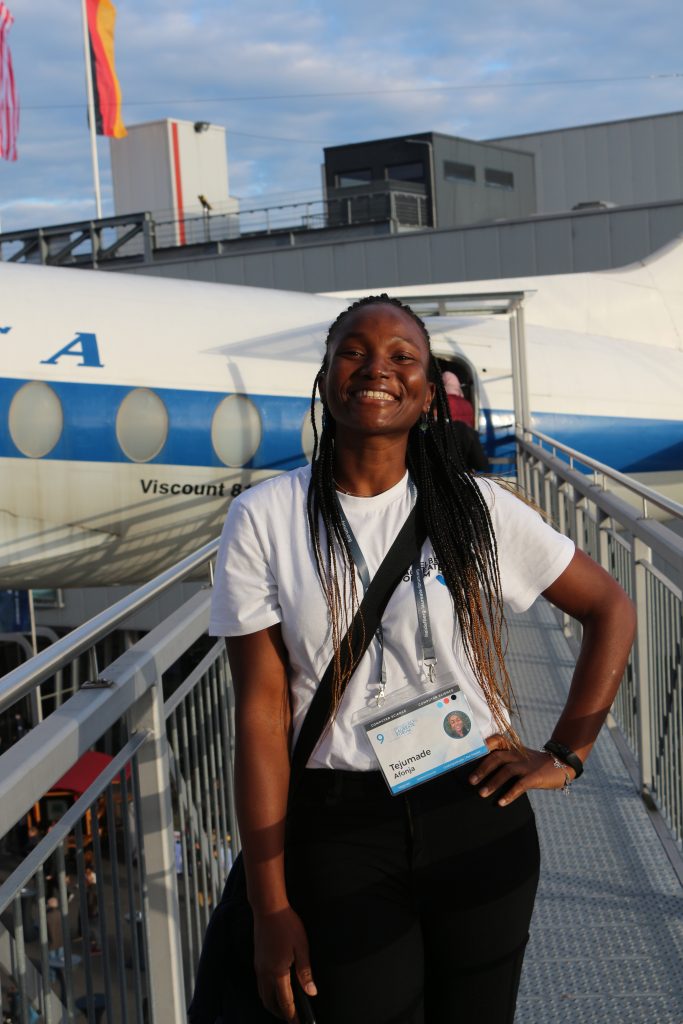
My name is Tejumade Afonja, I am a Master’s student in Computer Science at Saarland University, Germany. I graduated from Ladoke Akintola University of Technology, Nigeria with a Bachelor’s degree in Mechanical Engineering. I am one of the 200 young researchers selected to participate in the prestigious Heidelberg laureate forum, a week-long event for scientific exchange with laureates and young researchers in mathematics and computer science.
Could you tell me about your area of expertise and your recent research activities in your country and abroad?
My research area is artificial intelligence. In this area, I am conducting research on accent classification and translation, a research project conducted in collaboration with the research group members from AI Saturdays Lagos. AI Saturdays Lagos is an artificial intelligence community that provides free classes in data science, machine learning, and deep learning to Nigerian youth. I also conduct research at the intersection of privacy, security, and machine learning, ensuring that machine learning models are used in a secure and privacy-compliant manner.
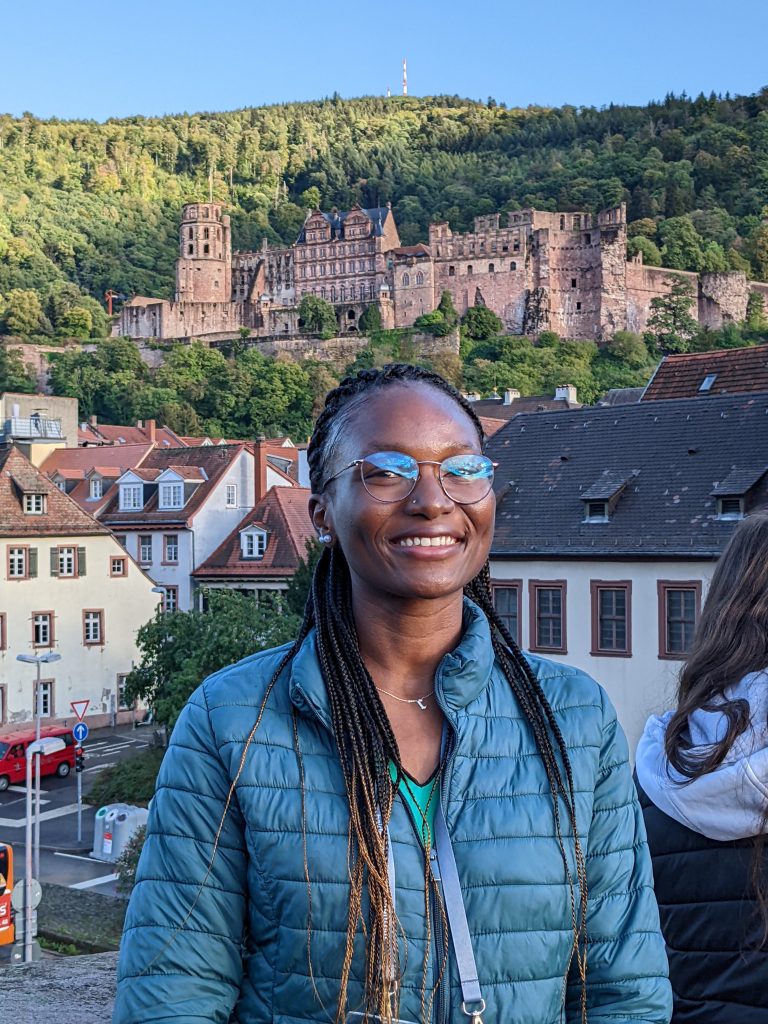
What are the benefits of performing research at the younger age? What did you not expect?
I think the advantage of researching at a younger age is that you have time to explore and enjoy the thrill of exploring without having great expectations.
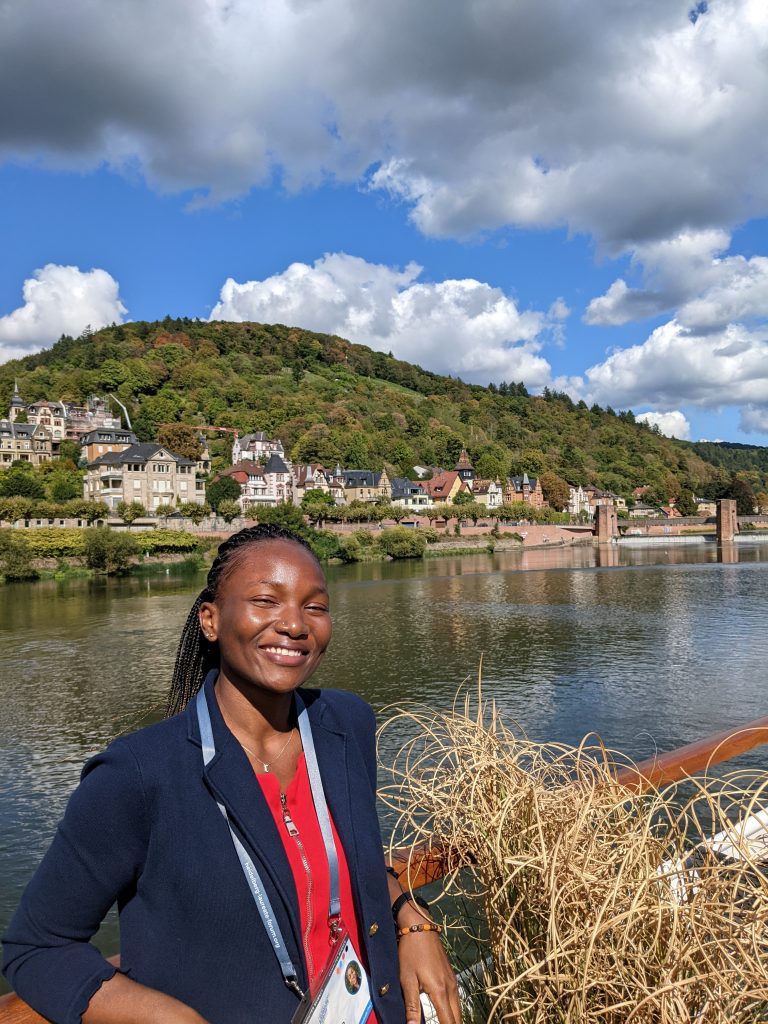
How many on-going projects you are working on that will help you to a higher level?
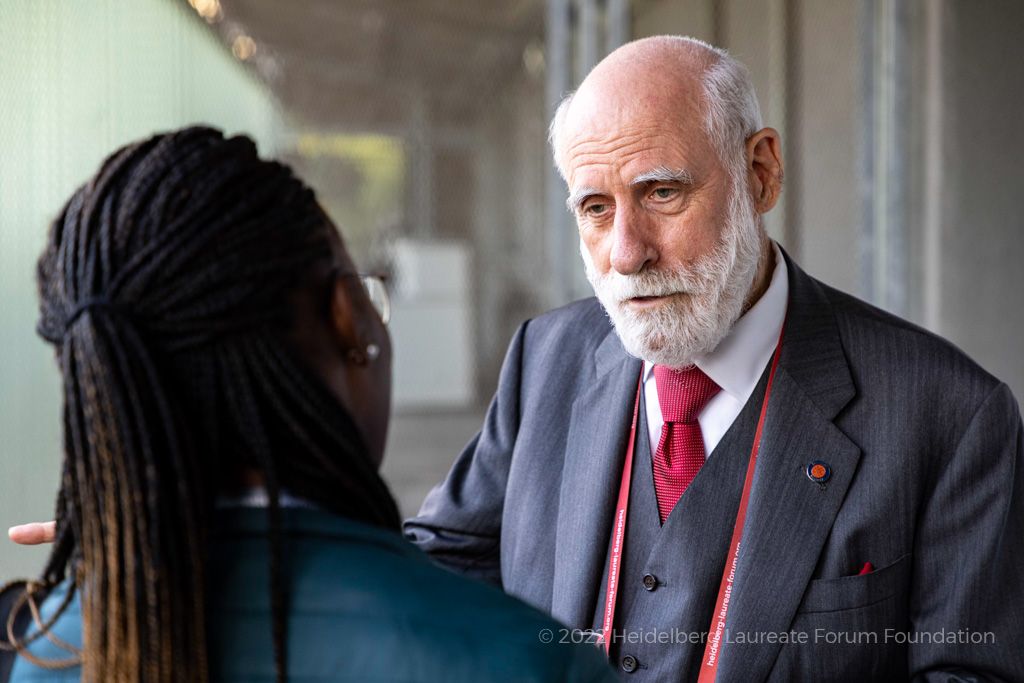
I am currently completing my master’s degree. My master’s thesis is titled Learning generative models for tabular data based on small samples and was supervised by Prof. Mario Fritz. Synthetic data offers great potential, especially in resource-poor environments where there may not be enough data to train a machine learning model for a task, or where releasing the dataset in its raw form is not possible due to its sensitivity for privacy reasons, as is the case with healthcare datasets. In my dissertation, I investigated generative models such as Generative Adversarial Networks and Variational Auto Encoders for modeling the distribution of tabular data across different sample sizes. I contributed new methods for evaluating synthetic tabular data and systematically evaluated state-of-the-art models for generating tabular data in resource-poor environments. The next phase of my education is a PhD under the supervision of Prof. Fritz, where I will conduct research at the intersection of privacy, security, and machine learning.
As a computational scientist or Mathematicians you are not tied to a physical location to carry out your research. Do you find working alone like this challenging?
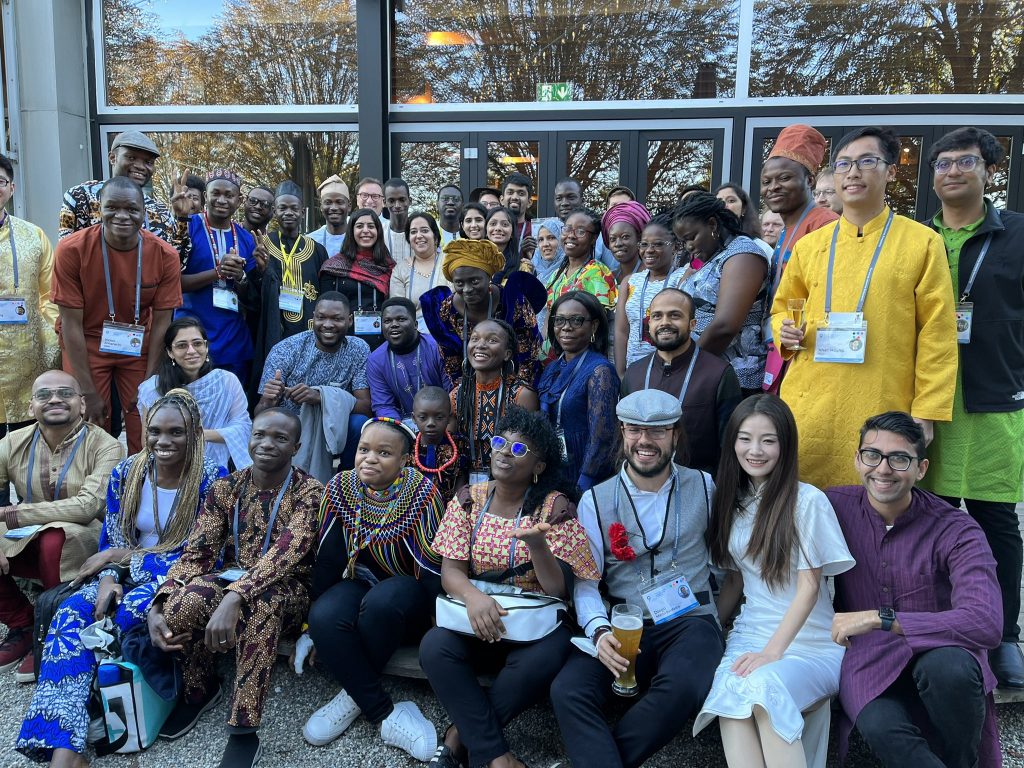
No, I do not. Technological advances have made it easier to collaborate with like-minded people remotely, so you do not have to be in the same place to contribute to science. However, the ability to meet with peers in person, as we did at the Heidelberg Laureate Forum, is extremely important to strengthen collaboration and supplement the lack of interaction in purely virtual experiences.
How many countries have you travel to carry out your research or attended an international conference in in the last 5 years?
5 Countries.
Do you have any tip for those who are now thinking about a career in scientific research?
Borrowing from the words of Denis Sullivan, 2022 Abel Prize Laureate…Be interested.
